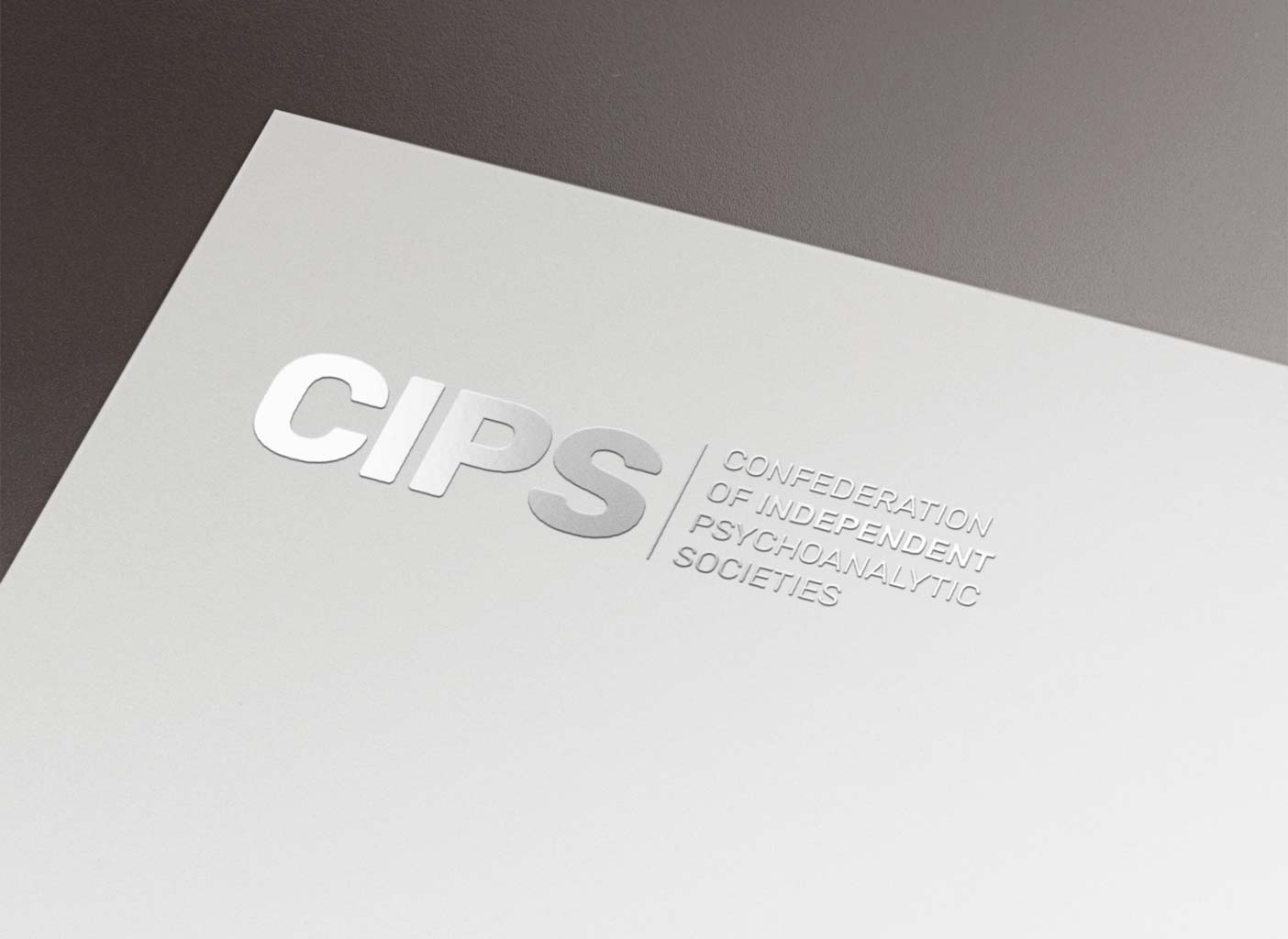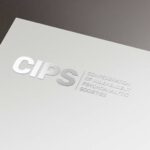CIPS NewsBriefs - Spring 2022
Letter from the President of CIPS
February 2022
Dear Friends and Colleagues,
The CIPS origin story began in the 1990’s as a community drawn together to support the interests of the first North American independent psychoanalytic societies admitted to the IPA as component members. Collaboration, mutual respect and professional enhancement were then, as now, the hallmarks of CIPS.
In the course of the past two decades, CIPS has evolved from a group focused on protecting the rights of our members to a group with a distinctive voice embracing all aspects of psychoanalysis. CIPS now has an active role in matters pertaining to training standards, and to social, political and legislative affairs impacting psychoanalytic practice.
Creative and scientific exchange among component societies and Study Groups, as well as other groups promoting psychoanalysis, remains a central goal of CIPS.
Woven into all of these efforts is our commitment to development of candidates who enliven us today and provide a vision for the future of psychoanalysis.
Here are the current and forthcoming projects addressing our mission:
I. Affiliation Presentations
Since joining CIPS in 2011, I’ve had the opportunity to meet colleagues and develop friendships that I would not have otherwise experienced. Of the many benefits of CIPS, these relationships are my most valued.
As a way of becoming more involved and collaborative with one another, at each Board meeting a given society now gives a presentation describing the structure and programs as well as what is topical, or innovative at their society. These presentations will be compiled for subsequent NewsBriefs to enable all members to interact with one another.
II. Training Standards: Remote Analysis Task Force Report
The pandemic unceremoniously plunged us into a world of remote practice – one in which countless modifications were implemented without the benefit of thoughtful reflection. In the late Fall, the IPA circulated the report of the Remote Analysis Task Force, a complex report that provides societies a context in which to examine the impact of technological possibilities on psychoanalytic education. The Task Force report can be found on the IPA website.
CIPS responded to this important document, since when the pandemic eases, there will be the need for guidance tempered with collaboration between the IPA and its component societies. In our response, we supported:
- the need for a major revision of the existing Procedural Code
- the notion that the location of sessions cannot be the sole determinant of treatment credibility
In addition, we recommended that:
- “guidelines” replace requirements, allowing for individual institutes to determine implementation based on their regional circumstances and previous experience with distance learning
- the IPA moves forward on the recommendations of the Task Force report in a timely way.
III. Advocacy: “No Surprises Act”
The Good Faith Estimate bill, a/k/a “No Surprises Act”, has caused considerable anxiety and confusion among private practice clinicians of all disciplines. In January, as part of CIPS advocacy efforts, CIPS joined as a signatory to a letter prepared by the Clinical Social Work Association and Psychotherapy Action Network (PsiAN) to the Centers for Medicare and Medicaid Services (CMS) requesting that CMS and HHS exempt independent behavioral health practitioners from compliance with the GFE. At this printing, this situation is being closely followed. We will keep you informed as a response to this request moves forward.
IV. Case Conferences for Candidates
From its inception, CIPS has paid IPSO dues for candidates from all our member societies based on our commitment to the importance of candidate involvement with CIPS. Beginning in the Fall, we plan to launch a series of case conferences for candidates facilitated by our members. While the details of this initiative are still in the planning stage, we expect to offer three series of four sessions each.
V. Professional Development
There are two avenues for professional development of particular note to CIPS members:
1. The Book Series
The CIPS Book Series was launched in 2010 to promote the intellectual life of the CIPS community by providing a publishing outlet through an agreement with Routledge for our members. Any individual, group of individuals, or CIPS society is welcome to propose books for publication in the book series.
2. Videoconference Series
CIPS offers a series of videoconferences, which manifest as single events, study groups and conferences. In the past year, we have added CE credit to all of our videoconferences.
I cannot conclude without thanking Leslie Wells as she steps down as NewsBriefs editor for all of her innovative work that has transformed NewsBriefs into the lively, robust newsletter that it is today. Leslie, we will miss you.
With warmest regards,




